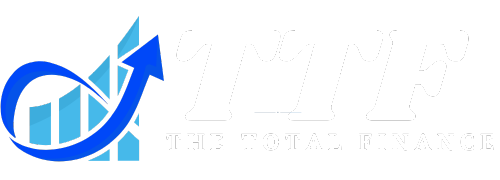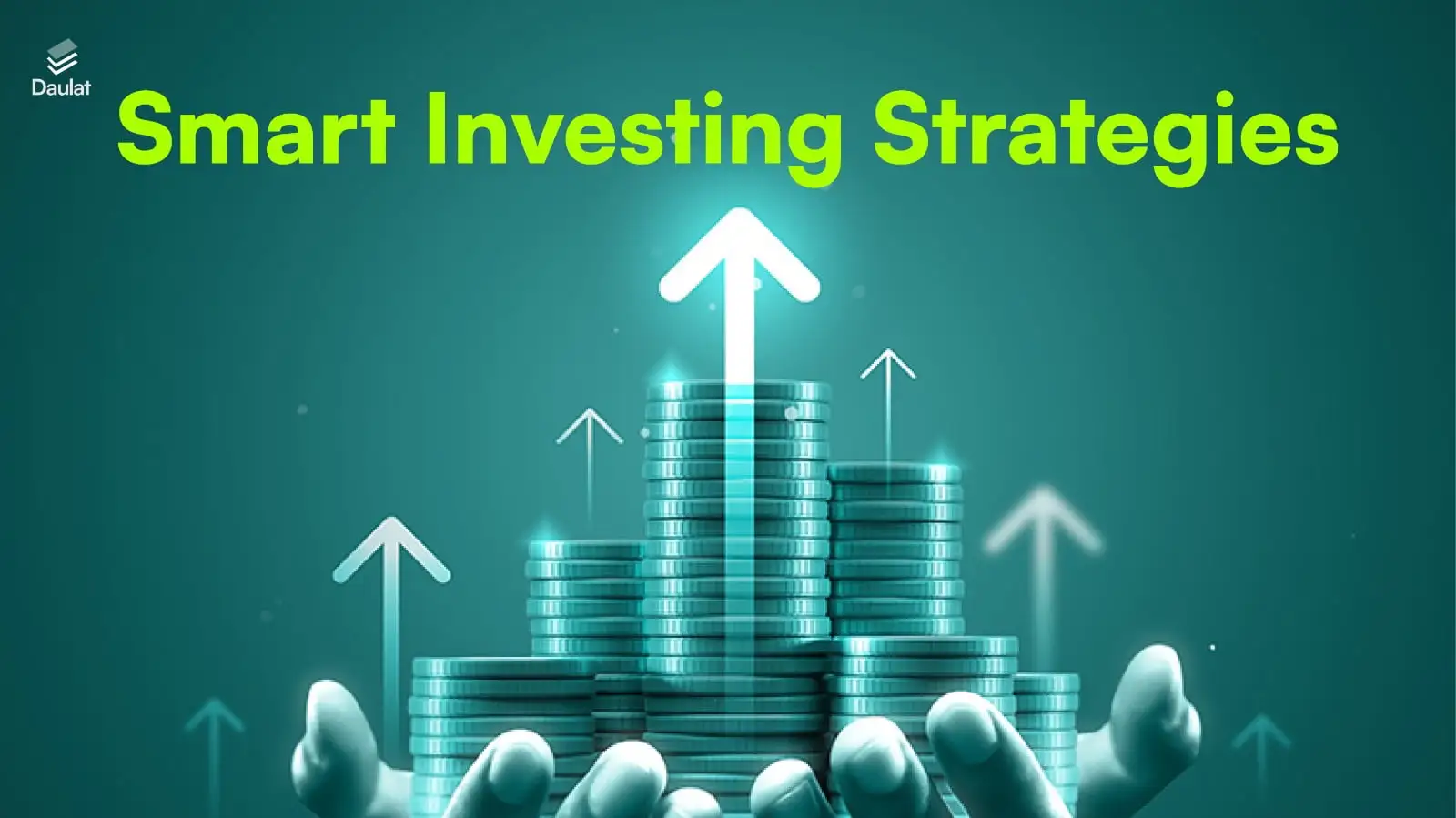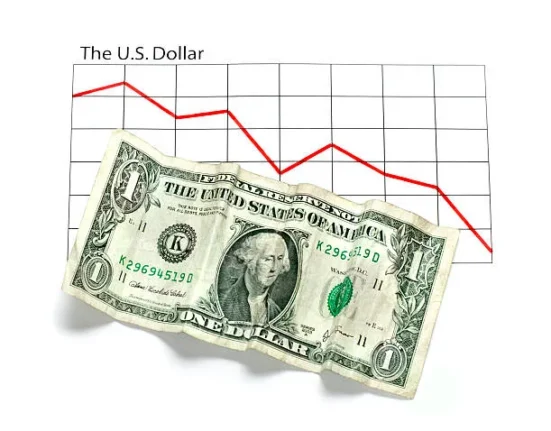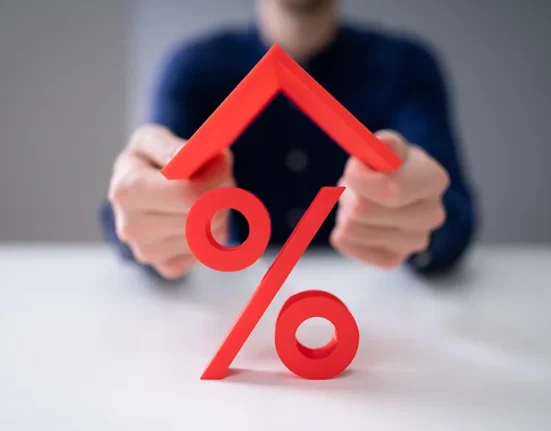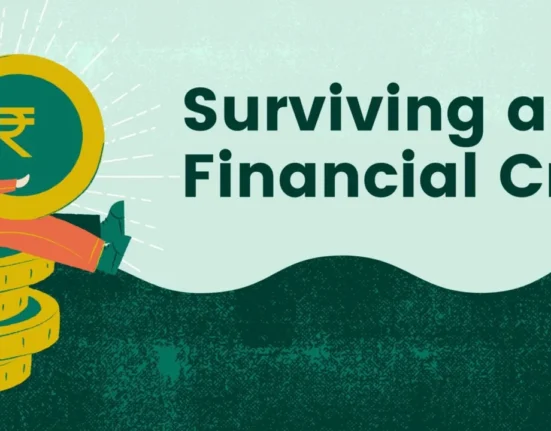The investing world is always changing due to the ever-changing economic trends, which have their effect on the prices of assets right through to the sentiments of the investors. In our approach and strategic direction as we progress through 2025, building a robust investment strategy has never been more pivotal if one appreciates these economic trends. Whether you’re a long- or short-term investor, keeping an eye out for market trends, economic predictions and new investment opportunities is vital to guiding you through this complex process of financial planning and wealth management.
The Changing Landscape: Why Economic Trends Matter
Economic trends fuel the entire economy of the world and determine the capital flow as well as the performance of all the asset classes. We have witnessed a great change in the global economy with regard to the fact that we are now entering an era of high growth with high capital investments and active fiscal policies. This change is transforming the way investors make moves in short-term and long-term investments.
For instance, the U.S. economy is projected to grow on a moderate basis, that is, at about 2% in 2025, helped by a combination of lax monetary policy and prudent fiscal management. Meanwhile, world economic trends, such as technical innovativeness, population changes, and sustainability measures, are expanding new investment prospects in areas including artificial intelligence, renewable energy, and healthcare.
Market Shifts and the Role of Central Banks
The change in central bank policies is one of the most profound market changes that has occurred in recent times. In a move that has pleased markets, the legalization of growth, if not fuel, is now taking shape following years of reversible monetary policy by central banks globally. This move will encourage corporate investment and consumer spending, but it will also bring some fresh dynamics for investors to think about.
Market volatility remains a major point of worry for investors, with developing countries facing electoral lapses and fluctuating political and fiscal certainty about to cause even more uncertainty to the asset value. Yet, the bottom-line outlook for 2025 remains encouraging, the sport of economy suffers no major recessionary blow, and corporate earnings continue to prove resilient amidst the whole world crisis. This is of great importance to investors since strategic allocation and balancing risk and return are more crucial than ever.
Navigating Investment Opportunities in a New Era
After the economic trends lean towards higher growth and innovation, investors are flooded with new opportunities to exploit. AppDelegate, renewable energy, and healthcare sectors are anticipated to lead the chart given the breakthroughs in the AI world, the global campaign towards sustainability, and the increasing need for healthcare solutions.6. Meanwhile, the traditional sectors, such as utilities and telecoms, can grow in a manner less spectacular, which underlines the value of diversification in any attempted investment strategy.
Long-term investments continue to be a mainstay of wealth management, given unpredictable short-term market volatility. By concentrating on areas with strong growth prospects, investors can apply themselves to reap cyclic upswings and structural changes in the global economy.
Financial Planning Amidst Uncertainty
Financial planning goes beyond choosing stocks or sticking to market timing; it’s about developing a strong, forward-facing strategy that is able to withstand shocks to the economy and able to capitalize on new trends. The idea is to hold a look-back exercise on your portfolio regularly, re-set goals, and rebalance your asset allocation in line with the changing economic environment. Not only does this approach assist with risk management, but you are also in a good position to take advantage of new investment opportunities that are coming to the market.
Economic times like inflation going up, interest rates shifting gears, and fiscal policies altering all contribute in a big way to the overall investment picture. For example, during inflationary periods, commodities and real estate are likely to perform well, as during the inflationary period, technology and growth stocks are likely to perform well in the markets when the prices are stable. By keeping yourself updated on these trends and tweaking your strategy accordingly, you can make a better decision and increase your long-run returns.
The Importance of a Diversified Investment Strategy
In today’s world, where economic fads can change quickly, of course, diversification is still one of the best—and most versatile—weapons when it comes to dealing with risk and extracting the best returns. Through diversification of investments invested in different markets, classes of assets and different regions across the world, you can avoid any negative market surprise that may be occasioned by a collapse of any one of the sectors, leading to reduced vulnerability to any market shock and enhance your probability of meeting your financial objectives.
Wealth management professionals are becoming more vocal about the necessity of a holistic approach that goes beyond market shifts and economic projections to incorporate individual risk tolerance, a time horizon and personal goals. Whether you’re targeting retirement, wealth for future generations, or just genuinely looking to expand your holdings, a diverse, future-looking method of investing is your best option to become a real winner.
Looking Ahead: Staying Agile in a Dynamic Market
As we move forward, there seems to be no other way of saying that economic trends will be dominant in determining investment patterns. Whether technological innovation or geopolitical shifts, the factors behind what’s happening to the global economy are more interlinked than ever and more out-of-whack, literally. With up-to-date information, flexibility and working with such trusted financial advisors, by identifying these changes ahead and taking the opportunities that lie ahead, the investors can indeed ensure that they can comfortably navigate this brave new landscape of initiatives.
Therefore, knowing and adjusting to economic paradigms is the basis for good investing. By watching the markets very carefully and by the wise use of financial planning and portfolio diversification, you can transform today’s economic woes into tomorrow’s investment opportunities. As we turn over the pages for 2025, let these important trends be your guide to investment and your compass for building lasting wealth in a dynamic world.

